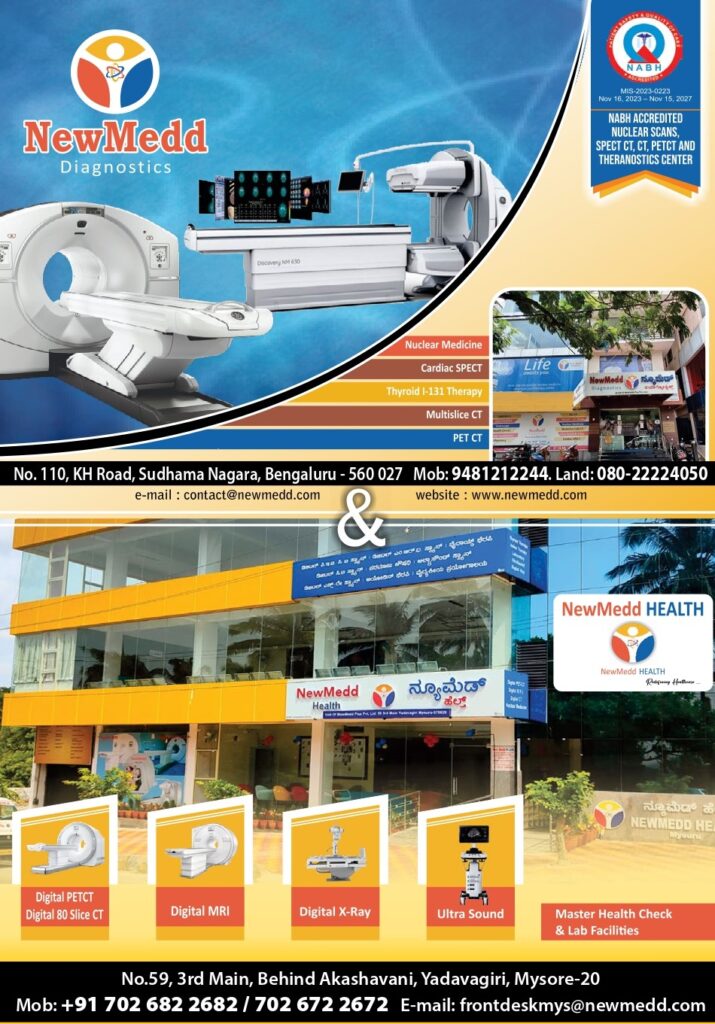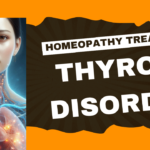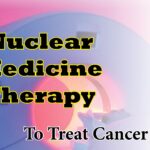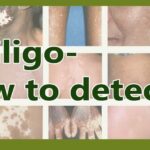Nuclear medicine has transformed the diagnosis and treatment of thyroid disorders, providing a range of non-invasive, precise, and effective options for patients with thyroid issues.
The thyroid gland plays a crucial role in regulating metabolism, energy levels, and overall bodily functions. However, thyroid disorders are increasingly common, affecting millions worldwide. Nuclear medicine has become a vital tool in both the diagnosis and treatment of thyroid conditions, particularly for conditions like hyperthyroidism, hypothyroidism, thyroid cancer, and nodules.
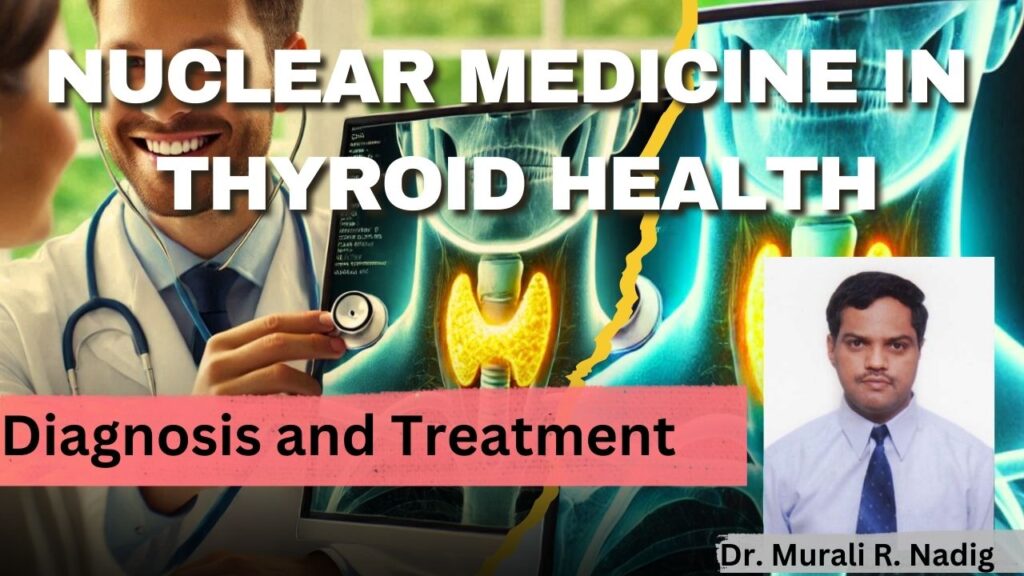

The Role of the Thyroid Gland
The thyroid is a small, butterfly-shaped gland located in the neck. It produces hormones—mainly triiodothyronine (T3) and thyroxine (T4)—that regulate various bodily functions, including heart rate, temperature, and metabolic processes. When the thyroid’s function is compromised, it can lead to either an overactive (hyperthyroidism) or underactive (hypothyroidism) state, along with other potential complications.
Diagnosis of Thyroid Disorders Using Nuclear Medicine
In nuclear medicine, thyroid imaging typically uses small amounts of radioactive substances to diagnose and assess thyroid health. The two primary imaging techniques used are thyroid scans and uptake tests.
Thyroid Scans
A thyroid scan uses a small dose of a radioactive tracer, which is absorbed by the thyroid gland. A special camera, known as a gamma camera, captures images of the thyroid based on the radioactive material’s distribution. This scan can reveal:
• Nodules: Differentiates between benign and potentially malignant thyroid nodules.
• Size and Shape: Identifies structural abnormalities and helps detect enlarged or abnormally shaped thyroids.
• Hot and Cold Spots: “Hot” spots indicate areas of higher activity, often linked to hyperactive nodules, while “cold” spots suggest non-functioning or potentially malignant nodules.
Thyroid Uptake Test
In a thyroid uptake test, a radioactive iodine pill or liquid is ingested. The thyroid naturally absorbs iodine, so tracking the absorbed amount over a set period provides insights into thyroid activity levels. High iodine uptake is common in hyperthyroidism, while low uptake is indicative of hypothyroidism or other thyroid dysfunctions. This test is particularly effective for diagnosing conditions such as Graves’ disease or toxic multinodular goiter.
Treatment of Thyroid Using Nuclear Medicine
Beyond diagnosis, nuclear medicine offers innovative treatments for thyroid disorders, especially through radioactive iodine (RAI) therapy.
Radioactive Iodine Therapy (RAI)
Radioactive iodine therapy is commonly used to treat hyperthyroidism and certain types of thyroid cancer. Administered in pill or liquid form, radioactive iodine-131 is selectively taken up by thyroid cells, delivering targeted radiation that destroys overactive or malignant cells while minimizing harm to surrounding tissues. Key applications include:
• Hyperthyroidism: RAI effectively reduces thyroid hormone production by shrinking the gland and is often used for conditions like Graves’ disease.
• Thyroid Cancer: After surgical removal of the thyroid, RAI is sometimes administered to eliminate residual cancerous cells and prevent recurrence.
RAI therapy’s effectiveness largely depends on the dose, patient’s condition, and overall health. Most patients require only a single dose, but follow-up treatments are occasionally needed. Side effects are typically mild, though some patients may experience temporary dry mouth, neck tenderness, or fatigue.
Benefits of RAI Therapy
• Minimally Invasive: RAI therapy is non-surgical and relatively painless, allowing patients to return to daily activities soon after treatment.
• High Success Rate: Studies show high success rates in achieving remission for hyperthyroidism and certain thyroid cancers.
• Targeted Treatment: Since the thyroid naturally absorbs iodine, the radioactive iodine selectively targets thyroid tissue, minimizing radiation exposure to the rest of the body.
Safety and Risks of Nuclear Medicine in Thyroid Health
While nuclear medicine procedures for thyroid health are generally safe, they are not without some risks. However, the doses of radioactive substances used in diagnosis and treatment are carefully controlled to minimize potential adverse effects. Some considerations include:
• Exposure to Radiation: Though radiation exposure is minimal, patients undergoing RAI therapy are advised to take temporary precautions to limit radiation exposure to others.
• Long-Term Monitoring: Patients treated for thyroid cancer or with high doses of RAI may require follow-up care to monitor for potential long-term effects.
The benefits of early and accurate diagnosis, combined with the targeted effectiveness of nuclear treatments, often outweigh these risks, making nuclear medicine an essential approach to managing thyroid health.
Future Advances in Nuclear Medicine for Thyroid Health
With ongoing advancements in nuclear medicine technology, new techniques and tracers are being developed to improve the accuracy of thyroid diagnosis and the effectiveness of treatments. Molecular imaging advancements, for instance, hold the potential to detect thyroid issues at even earlier stages, helping to prevent disease progression.
Additionally, new therapies and isotopes under investigation aim to reduce side effects while enhancing therapeutic efficacy, promising an even brighter future for nuclear medicine in managing thyroid health.
From early detection of nodules to life-saving treatments for thyroid cancer, nuclear medicine continues to make strides in supporting thyroid health. As technology evolves, these techniques are only expected to become safer and more effective, making nuclear medicine a cornerstone in the field of thyroid care.
Dr. Murali R. Nadig
Dr. Murali R. Nadig, a leading name in Nuclear Medicine – PET/CT, is the Medical Director of NewMedd Diagnostics in Bangalore and Chief Advisor for Nuclear Medicine – PET/CT. He holds a medical degree from Mysore and a postgraduate degree from the prestigious AIIMS, specializing in Nuclear Medicine, Nuclear Cardiology, PET/CT, Hyperthyroidism, Thyroid Cancer, and Radio Nuclear Therapies. He founded Karnataka’s first Nuclear Medicine – PET/CT Diagnostic Center and has dedicated his time to advancing nuclear medicine and PET/CT diagnostics.
For more information, please contact:
NewMedd Diagnostics
Bengaluru
No. 110, KH Road (Double Road), Land Mark: Next to Suzuki Show Room, Sudhama Nagara, Bengaluru – 560027 Ph: 080-2222 4050 / 94812 12244
Mysuru
No 59, 3rd main, Behind Akashavani, Yadavagiri, Mysuru – 20
Ph 70268 22682 / 70267 22672
